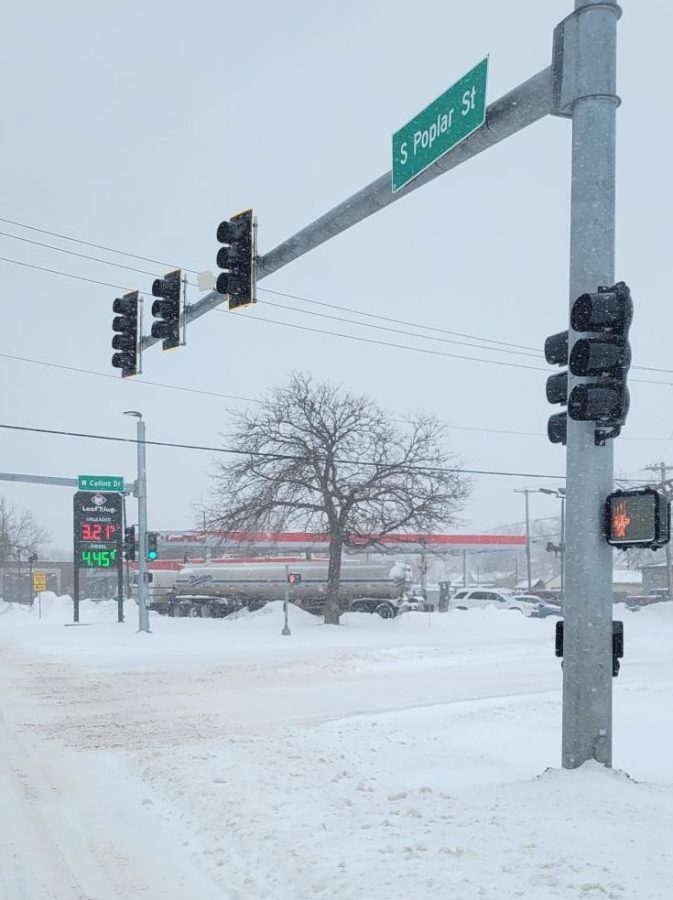Rise in gas prices impacting Wyoming families
A Dixon fuel transporter drops gasoline at a Loaf N’ Jug in Casper on January 28th, 2023. Cold weather is one factor causing an increase in gas prices across the U.S.
January 24, 2023
The rise in gas prices continues to impact drivers in Wyoming. Those watching the price at the pump may have noticed that after a short reprieve earlier this winter, prices are starting to creep up again. According to AAA, they are on the rise again across the nation due to continued pressures from inflation, the war in Ukraine, and refinery issues caused by winter weather.
Inflationary pressures began with government stimulus during COVID and according to economists one of the strongest pressures lifting prices is “a global oil crisis that was prompted by the war in Ukraine.” President Biden’s ban on Russian energy imports started in May of 2022 and according to the White House will not be rescinded until that nation ceases its aggression towards their neighbor.
According to the Bureau of Transportation and Statistics, gas prices rose almost 50 percent in only seven months, from January of 2022 to July of the same year. Living in Wyoming, and attending Natrona County high school, NCHS student Abby Robberson definitely feels the impact. “I’ll decide to say no to my little brother, because he wants to go everywhere, but I have to pay for my gas,” said Robberson.
Roberson explained she was never given a bonus or raise to accommodate for the extra expenses incurred by inflation, so being a three sport student athlete without a job is very difficult for her financially. “I think this change affected me more than I expected… now I think about whether I actually need to go somewhere or not.”
Although the rise in gas prices has negatively impacted many, there may be some positive aspects to the situation. Now, many teenagers at NCHS are more conscious and aware of their spending. Students will choose to walk to lunch as opposed to driving, or they carpool more to save money.

